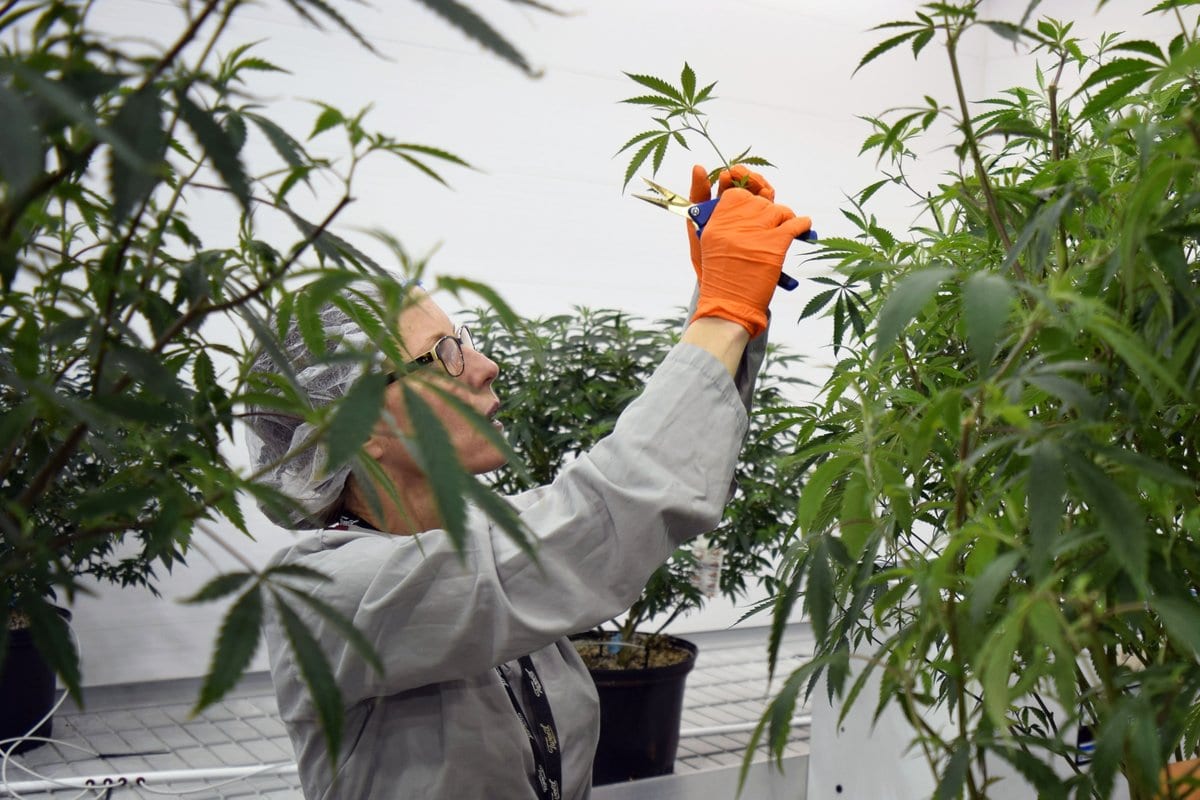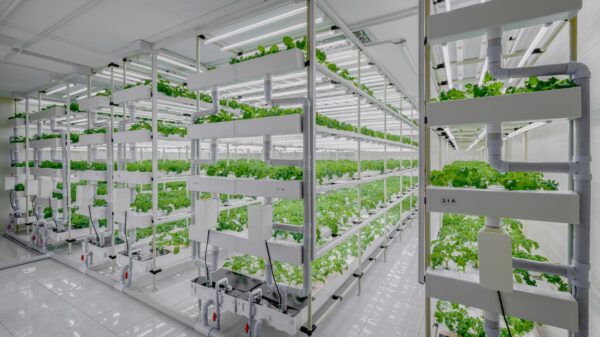Canopy Growth Corporation (TSX: WEED) (Nasdaq: CGC) has announced the successful sale of its facility in Modesto, California. This marks the fifth facility sale since April 2023, with total proceeds reaching $81 million.
The company anticipates that facility divestitures will generate up to $150 million by September 2023, in line with its transformation strategy to become an asset-light, North American-focused cannabis business
These divestitures align with the company’s organizational transformation announced during the previous fiscal year. The strategy aims to improve liquidity and support the path to profitability by reducing operational expenditure from no longer operating these sites.
“Today’s announcement reflects our continued focus on strengthening Canopy Growth’s balance sheet and demonstrates the rapid execution of our transformation to an asset-light, North American focused cannabis business on an accelerated path to profitability,” Canopy Growth CEO David Klein said.
Read more: Canopy Growth lays off 800 workers to reduce costs by $160M
Read more: Canopy Growth completes divestiture of Tweed and Tokyo Smoke retail operations
Last February, Canopy closed its Hershey Drive facility in Smiths Falls, Ontario and reduce headcount across the business by 35 per cent and 60 per cent of its operational facilities.
Since last year, Canopy announced its divestiture away from Canadian retail operations as well as some organizational restructuring and the closure of its Scarborough, Ontario research facility.
Canopy stock went up slightly by 1.72 per cent to $0.59 on the Toronto Stock Exchange.
The Canadian cannabis industry has been facing significant challenges since the legalization of recreational cannabis in 2018. Despite the intention to eradicate the black market, it continues to thrive, accounting for an estimated 43 per cent of the total market.
This is largely due to the ability of illicit dealers to undercut legal prices, as they don’t bear the same tax and operational burdens. Additionally, the industry has suffered from overexpansion, with a surplus of vendors vying for a customer base that has remained relatively static since legalization.
Major companies such as Canopy and Tilray Inc. have reported substantial financial losses, with Canopy losing a total of $4.2 billion since 2018. The regulatory and tax burdens placed on the legal cannabis market have further exacerbated these financial struggles.
Misplaced expectations have also played a role, with companies making costly investments in anticipation of wider legalization that has not occurred. As a result, the Canadian cannabis industry is currently in a precarious position.













